There could soon be a treatment for neuropsychiatric disorders that cause social deficits—such as autism spectrum disorder and schizophrenia. If the treatment.
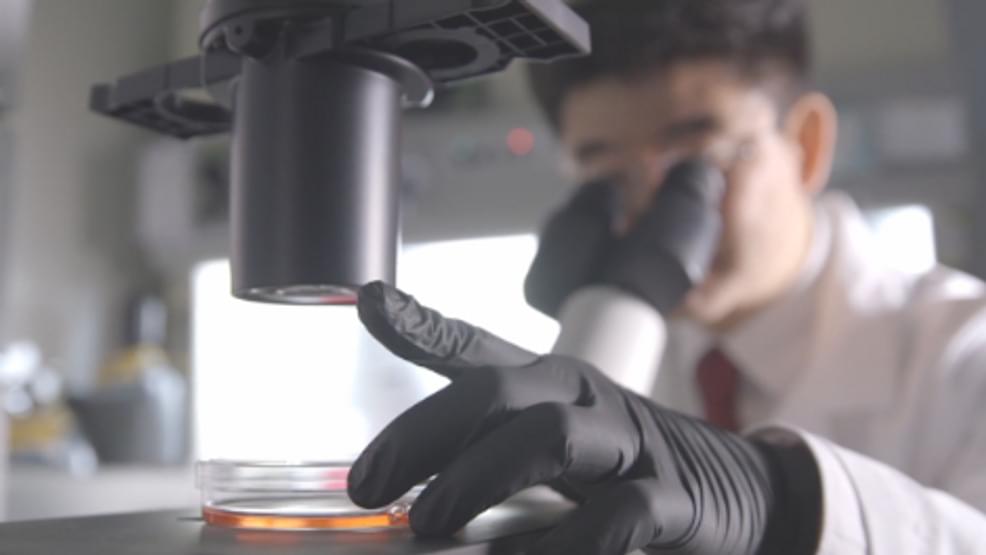

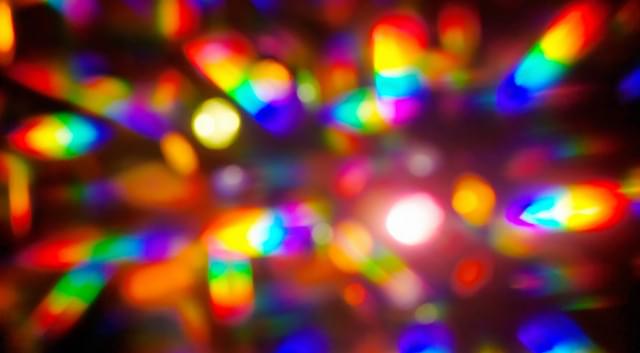
After decades of exhaustive study, scientists have concluded that human tetrachromacy is real. Some people have a truly superhuman range of color vision. In fact, there are two distinct types of tetrachromacy. In some cases, it’s genetic. But in some rare cases, it can also be an acquired trait. While it’s difficult to test, enough tetrachromats have stepped forward that scientists now have visual and genetic tests for the condition.
One percent of the world’s population is thought to be tetrachromatic. These lucky folks may be able to see a thousand times as many colors as the rest of us trichromats. In order to test that idea, researcher Gabriele Johnson devised an experiment. She used precise amounts of pigment to create shades of paint that could only be distinguished by a machine — or a tetrachromat. In 2010, Johnson found a subject who was able to tell each subtle shade apart, every time — just as fast as trichromats could identify the colors they saw. “When you ask them to discriminate between the two mixtures, a tetrachromat can do it very quickly,” she said. “They don’t hesitate.”
Concetta Antico is a painter and art teacher with genetic tetrachromacy. Growing up in Sydney, she says, she was always “a little bit out of the box,” alone in her own visual dreamland. She always preferred the kaleidoscope of colors she saw when she looked at the natural world. But nobody else seemed to see it quite like she did. So she decided to paint what she saw. “I’m sure people just think I’m high on something all the time,” she said, “but I’m really just high on life and the beauty that’s around us.”
The Linux kernel WiFi stack has five serious flaws, according to research, which a hacker might use to execute arbitrary code or inflict a denial of service.
The vulnerability, identified as CVE-2022–42719, was brought on by a use-after-free issue in the multi-BSSID element’s ieee802 11 parse elems full function of net/mac80211/util.c. A remote authenticated adversary might leverage this issue to execute arbitrary code or bring down the system by sending a carefully crafted request. In v5.2-rc1, the CVE-2022–42719 vulnerability was first made public.
The vulnerability, identified as CVE-2022–42720, was produced about by a use-after-free issue in the multi-BSSID part of the bss ref get function in net/wireless/scan.c. A remote authenticated adversary might leverage this issue to execute arbitrary code or bring down the system by sending a carefully crafted request.
Dell Technologies is a leading provider of IT storage hardware solutions to promote data backup and recovery and accelerate the journey to cloud computing. Dell EMC PowerStore achieves new levels of operational simplicity and agility, utilizing a container based architecture, advanced storage technologies, and intelligent automation to unlock the power of your data. Based on a scale-out architecture and hardware-accelerated advanced data reduction, PowerStore is designed to deliverenhanced resource utilization and performance that keeps pace with application and system growth.

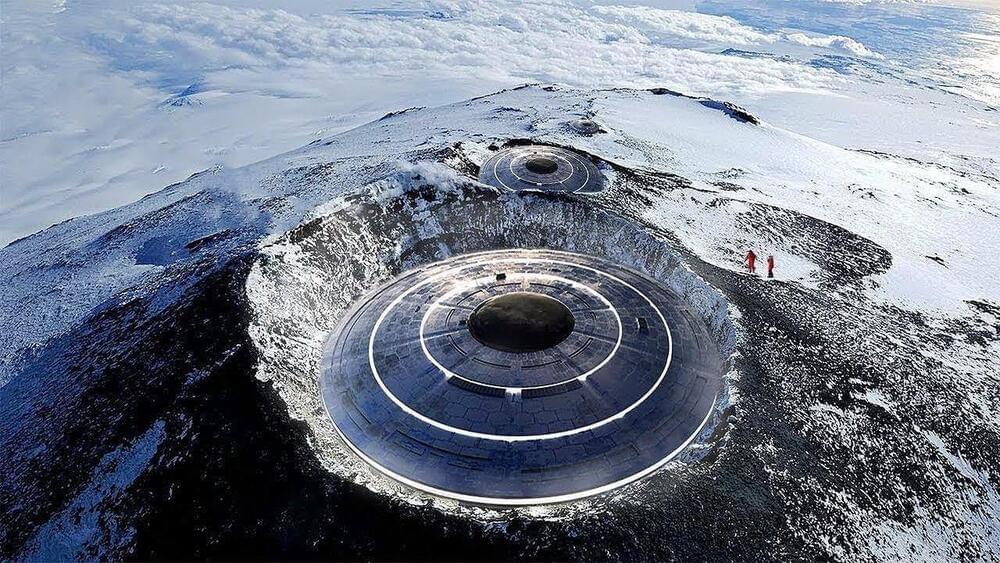
The Moon rotates around the Earth at about the same speed, as it does around its axis, that’s why we can only see one side of it. It means that 41% of its surface hasn’t been explored yet! This fact surprises many people, as we are used to thinking that we know everything about all things in the world. While even our own planet remains a mystery to us.
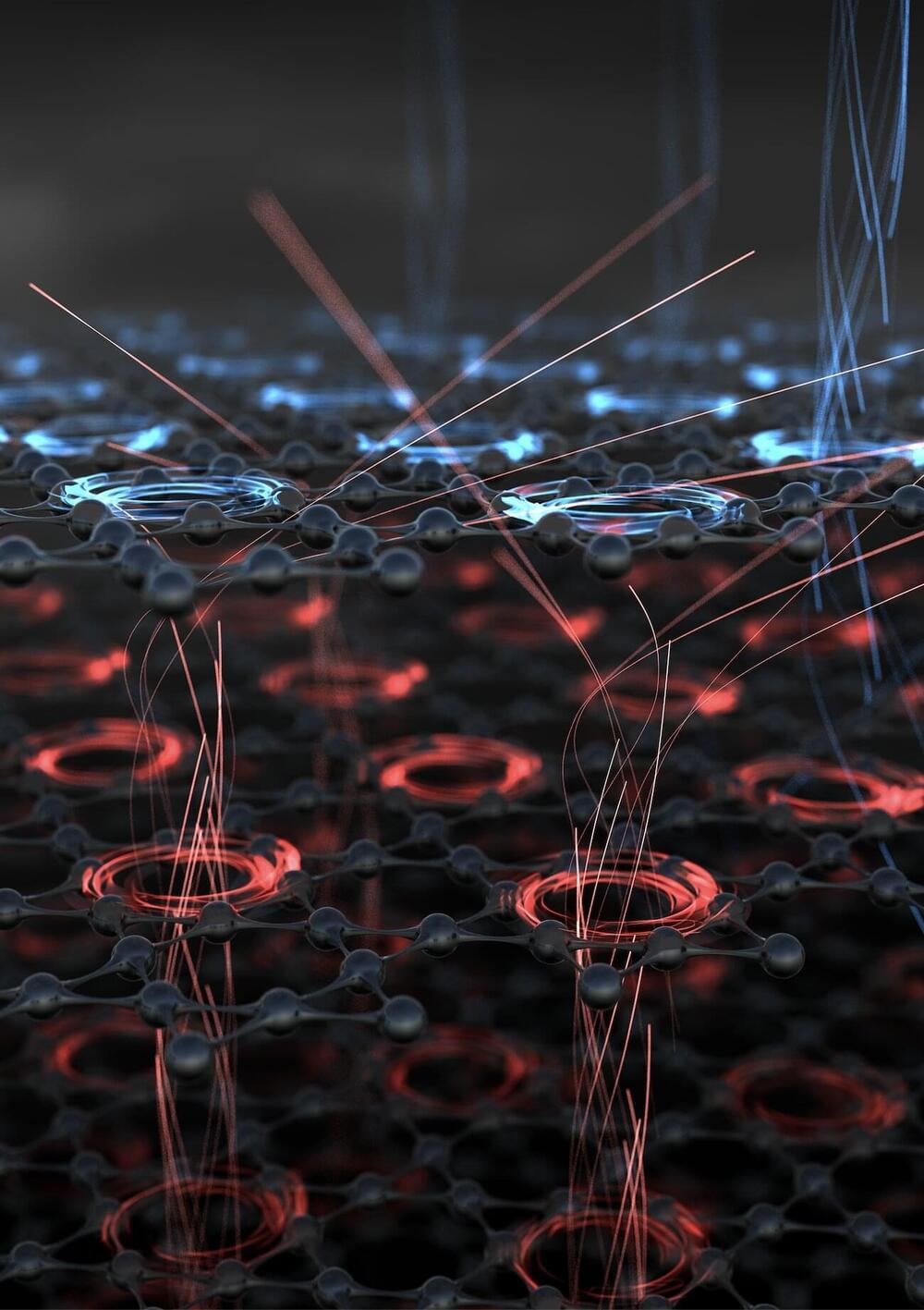
An international research team led by the Department of Microstructured Quantum Matter at the MPSD reports the first observation of switchable chiral transport in a structurally achiral crystal, the Kagome superconductor CsV3Sb5. Their work has been published in Nature.
Whether or not an object is indistinguishable from its mirror image has important consequences for its physical behavior. Say you watch a basketball player in a mirror. The ball, the player and their surroundings are, at first glance, just the same in the mirror as in real life. But if observed closely, some details are different. The ball in the player’s right hand now appears in their left hand in the mirror. While the mirror image still shows the same hand, it has clearly changed from a left to a right hand or vice versa. Many other physical objects also have mirror images that differ in a key aspect, just like hands, which is why scientists call them handed or chiral (from Greek χϵρι = hand). Others, like the ball, cannot be distinguished from their mirror image, which makes them achiral.
Chirality is one of the most fundamental geometric properties and plays a special role in biology, chemistry and physics. It can cause surprising effects: One version of the carvone molecule, for example, produces a spearmint smell but its chiral—mirrored—equivalent smells of caraway.
How will we interact with computers in a few years? Probably very differently than we do today. One developer gives a taste by linking three AI systems for a digital design assistant.
For his AI-based design assistant, Twitter user Progen links three AI systems: the open-source image AI Stable Diffusion for image generation, OpenAI’s Whisper, also open source, for translating spoken words into English, and GPT-3 for dialogs with the assistant.
AI specifies the task through queries.

A London-based artist named Matt DesLauriers has developed a tool to generate color palettes from any text prompt, allowing someone to type in “beautiful sunset” and get a series of colors that matches a typical sunset scene, for example. Or you could get more abstract, finding colors that match “a sad and rainy Tuesday.”
DesLauriers has posted his code on GitHub; it requires a local Stable Diffusion installation and Node. JS. It’s a rough prototype at the moment that requires some technical skill to set up, but it’s also a noteworthy example of the unexpected graphical innovations that can come from open source releases of powerful image synthesis models. Stable Diffusion, which went open source on August 22, generates images from a neural network that has been trained on tens of millions of images pulled from the Internet.
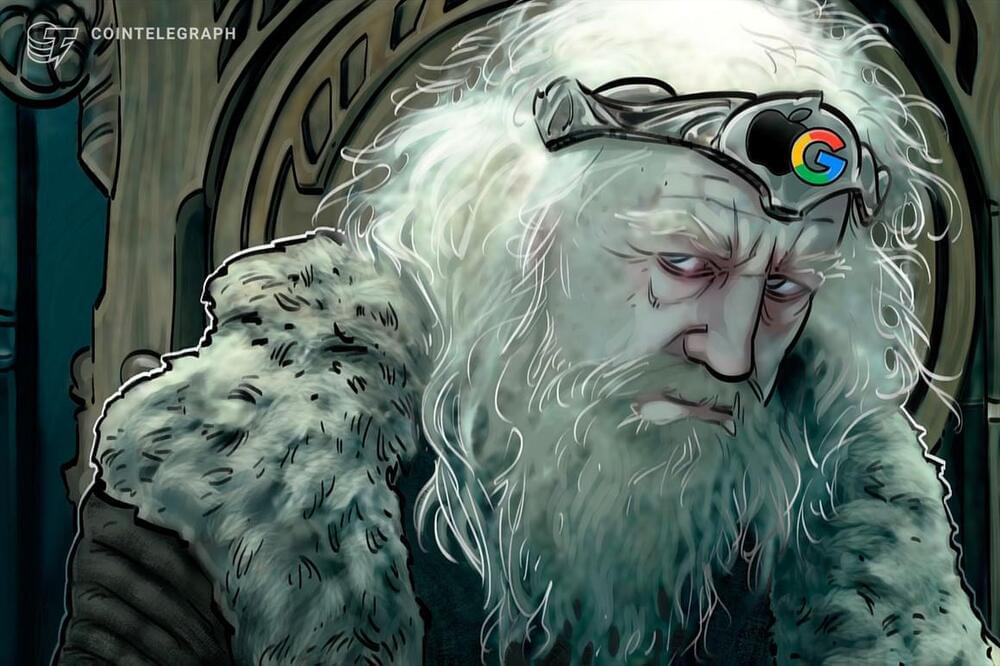
Related: The feds are coming for the metaverse, from Axie Infinity to Bored Apes
That isn’t to say we’ve yet reached a decentralized utopia. Though decentralized systems are also ostensibly “trustless” systems, it is ironically trust that still must be built up in these systems for both developers and users. Whatever the disadvantages of relying on companies like Amazon, Google, Microsoft and Apple, they have banked decades’ worth of that trust, credibility and familiarity that makes it difficult for both developers and users to switch to an entirely new way of doing things.